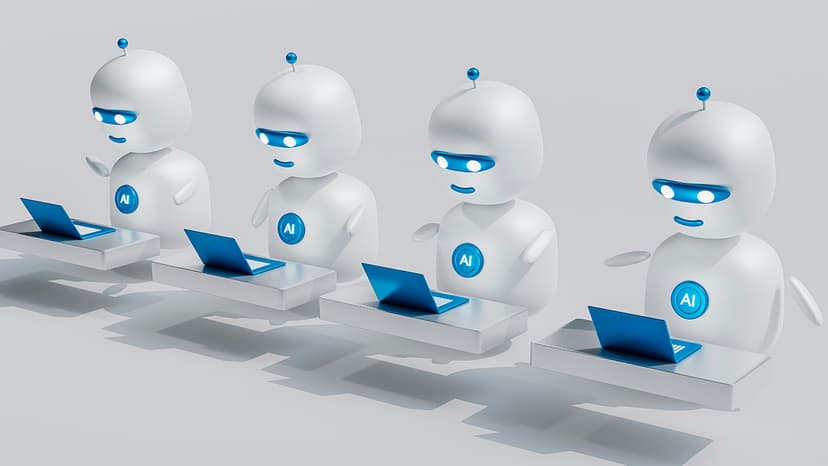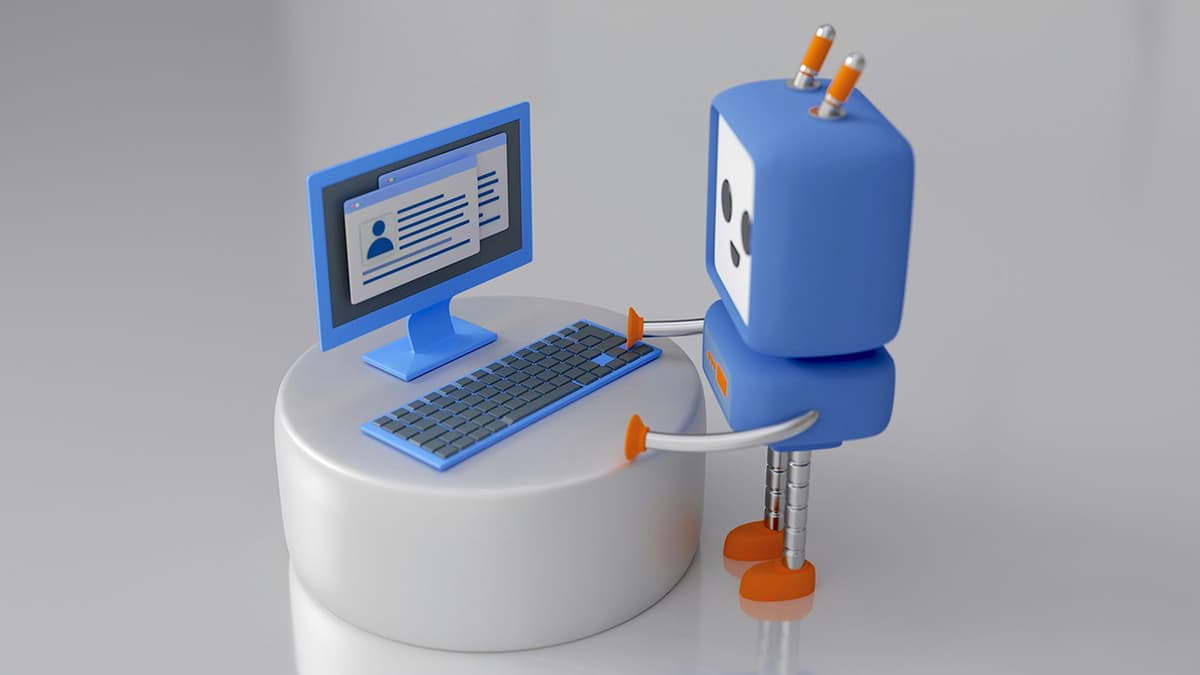Why Sam Altman said it is hopeless for Indian companies to compete with Open AI
Sam Altman, the CEO of OpenAI, recently made a statement that has stirred up a lot of debate and discussion in the tech community. He stated that it is pretty hopeless for Indian companies to try and compete with OpenAI. This statement has raised many eyebrows and has led to contrasting opinions from various experts and industry leaders.
Altman's comment came in response to a question about the opportunities for Indian startups to make a significant impact in AI, considering the constraints of much more limited resources compared to companies in Silicon Valley. His statement has sparked a debate on the competitiveness of Indian companies in the field of artificial intelligence and the potential challenges they may face in trying to keep up with global players like OpenAI.
To understand why Altman made such a bold statement, we need to consider several factors that contribute to the current scenario. One of the key factors is the technological and infrastructural gap between India and countries like the United States. Silicon Valley has been at the forefront of AI research and development for years, and companies like OpenAI have access to abundant resources, funding, and talent. In contrast, India is still in the process of building its AI ecosystem and catching up with the advancements made by global players.
Additionally, Altman's statement can be seen in the context of the specific capabilities and resources that OpenAI possesses. OpenAI is known for its cutting-edge AI models and advancements, such as ChatGPT, which have garnered international attention and praise. Altman's comment may imply that Indian companies, at their current stage, may not have the necessary expertise, resources, and infrastructure to compete with OpenAI in developing similar AI models.
Altman's statement has triggered various responses from Indian industry leaders and experts. Some have taken it as a challenge and an opportunity to prove Altman wrong. CP Gurnani, the CEO of Tech Mahindra, responded to Altman's statement by accepting the challenge and asserting that Indian companies are capable of competing with OpenAI. This response reflects the optimism and determination of Indian companies to bridge the gap and make significant strides in the field of AI.
However, there are also those who agree with Altman's assessment and believe that Indian companies may face significant challenges in competing with global giants like OpenAI. They argue that India still lacks a robust AI infrastructure, a large pool of skilled talent, and a supportive regulatory environment necessary for fostering AI innovation and growth. These factors can make it difficult for Indian companies to catch up with the advancements made by companies like OpenAI.
It is important to note that Altman's statement should not be taken as a final judgment on the potential of Indian companies in the AI space. It should be seen as a call to action for Indian companies, policymakers, and the ecosystem as a whole to work towards creating an environment that nurtures AI innovation and supports the growth of Indian companies in this field.
To address the challenges highlighted by Altman, it is crucial for India to invest in AI research and development, build a strong talent pipeline, and create an enabling regulatory framework. The government's initiatives like the National AI Strategy and the establishment of AI research institutes are steps in the right direction. However, sustained efforts are required to bridge the gap and create an ecosystem that fosters AI innovation and competitiveness.
Sam Altman's statement about the hopelessness of Indian companies competing with OpenAI should be seen as a wake-up call for the Indian AI ecosystem. While there are challenges to overcome, it is essential to focus on building a strong foundation in AI research, nurturing talent, and creating an enabling environment for innovation. Only through these concerted efforts can Indian companies compete with global players like OpenAI and make a significant impact in the field of artificial intelligence.












